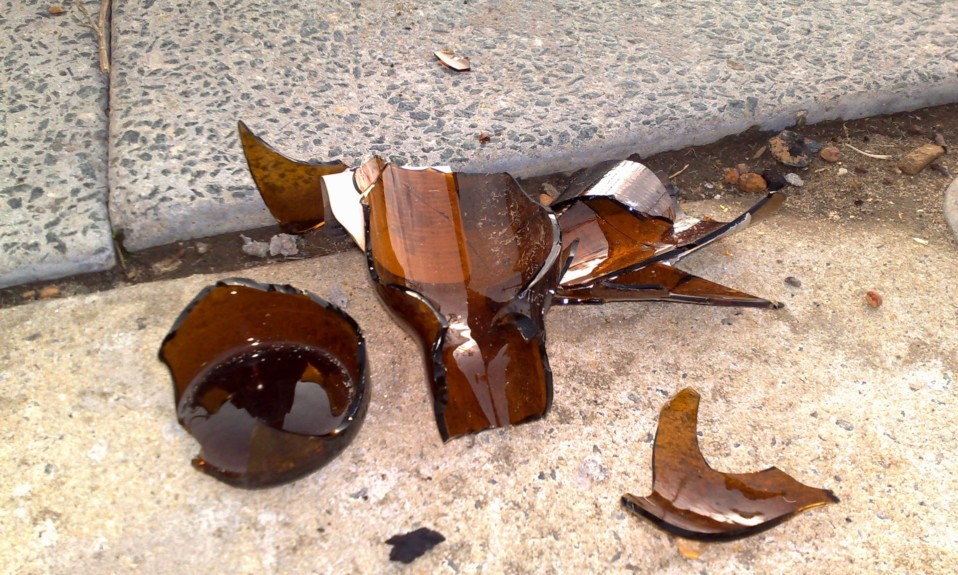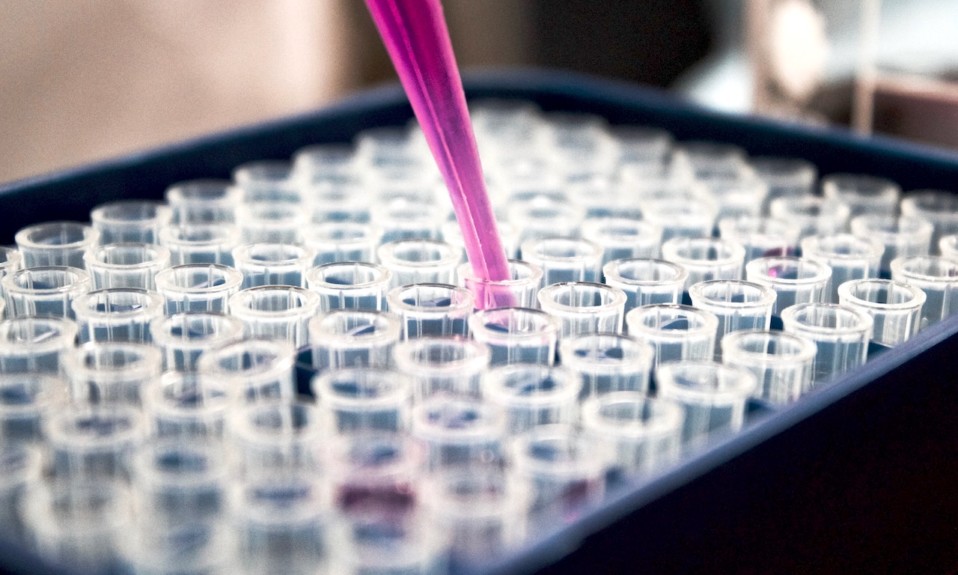Past studies have shown associations between alcohol and schizophrenia but no hard link. A new large-scale NIDA project promises firmer answers
By Jason Langendorf
As laws in the U.S. around cannabis continue to be relaxed, and the potency and availability of the substance grows, research about weed’s link to psychotic disorders—despite disagreement among experts—has led to a heightening concern over marijuana’s influence on the development of schizophrenia.
At the same time, many studies and anecdotal observations have identified a similar association between psychosis, or schizophrenia, and alcohol. Although the rate of incidence among users appears to be lower in alcohol than in cannabis, the former is the more accessible, affordable and socially acceptable of the two substances. If even a small percentage of people experience psychosis or (theoretically) schizophrenia as a result of alcohol use or an alcohol use disorder (AUD), it could amount to a significant public health problem.
But if experts are split over the connection between cannabis and schizophrenia, they are all over the board when it comes to the condition often referred to as alcohol-induced schizophrenia. It isn’t just that a consensus has yet to be reached on the subject; in fact, very little clinical investigation has been done that strikes at the heart of the question: Can alcohol use cause schizophrenia?
Understanding Schizophrenia
The Mayo Clinic defines schizophrenia as “a serious mental disorder in which people interpret reality abnormally,” which may include “some combination of hallucinations, delusions and extremely disordered thinking and behavior that impairs daily functioning.” Over the years, experts have found links between schizophrenia and family genetics, brain chemistry and environmental factors, and past research suggests a higher risk level of onset for individuals who use certain substances as teenagers and young adults.
Yet some important points must be made: First, not all incidents and forms of psychosis indicate the presence of schizophrenia. That includes those involving alcohol, such as alcohol-induced psychotic disorder (AIPD), a complication of heavy, chronic alcohol use brought on by an abrupt interruption of use. In the peer-reviewed journal Metabolic Brain Disease, researchers Gerhard P. Jordaan and Robin Emsley write that “current evidence suggests AIPD can be clinically distinguished from alcohol-withdrawal delirium and schizophrenia.”
Additionally—and critically—there is widespread acknowledgment in the field of mental health on this basic point: No one yet knows the cause of schizophrenia itself. Although experts can, and have, offered numerous associations, loose connections and speculative theories, proving a causal relationship between alcohol and schizophrenia becomes difficult, if not impossible, when so little is still understood about the latter condition in the first place.
Behind the Research
A few key observations behind a seminal article on the topic published in Alcohol Research: Current Reviews:
- The lifetime prevalence of schizophrenia is estimated to be about 1% of the population
- People with schizophrenia and certain similar disorders have three times the risk of heavy alcohol use relative to the general population
- Strong associations between AUD (and other substance use disorders) and schizophrenia risk indicate that shared genetic liability may contribute to their co-occurrence
Another study connects alcohol and schizophrenia—but the relationship falls short of causality: “Schizophrenia patients showed increased euphoric and stimulatory responses to alcohol. These exaggerated positive responses to alcohol doses may contribute to the increased risk for AUDs associated with schizophrenia.” The suggestion: Many individuals suffering from schizophrenia may be self-medicating with alcohol in an effort to relieve their symptoms.
NIDA’s Brain Study
At a media roundtable at the recent Rx Summit in Atlanta, Nora Volkow, MD, director of the National Institute on Drug Abuse (NIDA), was straightforward in addressing the current knowledge gap on whether alcohol use may, indeed, induce schizophrenia.
“We’re doing a large study right now to unequivocally answer that question,” she said. “It is possible, but I don’t know. Certainly what I feel comfortable saying is, it will increase the likelihood that it will trigger certain episodes in someone [who is] vulnerable, that otherwise may have never happened or that occur in a much more severe presentation.”

Volkow suggests that additional factors, such as malnutrition, may combine with alcohol to drive certain psychotic episodes. Sleep deprivation and other environmental forces could also play a role.
The current research to which Volkow refers is called the Adolescent Brain Cognitive Development (ABCD) Study, a seven-year, $290 million effort that NIDA describes as “the largest long-term study of brain development and child health ever conducted in the United States.” Volkow believes the ABCD study will help reveal new insights into the effects of substance use on the adolescent brain—including alcohol-induced schizophrenia.
“Emergence of psychotic symptoms for schizophrenia arises in your late teens,” Volkow says. “So you need to monitor a large cohort of children as they transition into those periods of risk. And we also have an evaluation of their drug exposure, so that we can determine if there was already evidence of vulnerability or psychosis, or if there are certain characteristics that highlight a higher risk of likelihood of schizophrenia before they take drugs. So we will see.”
Top photo: Vaughn Willis













